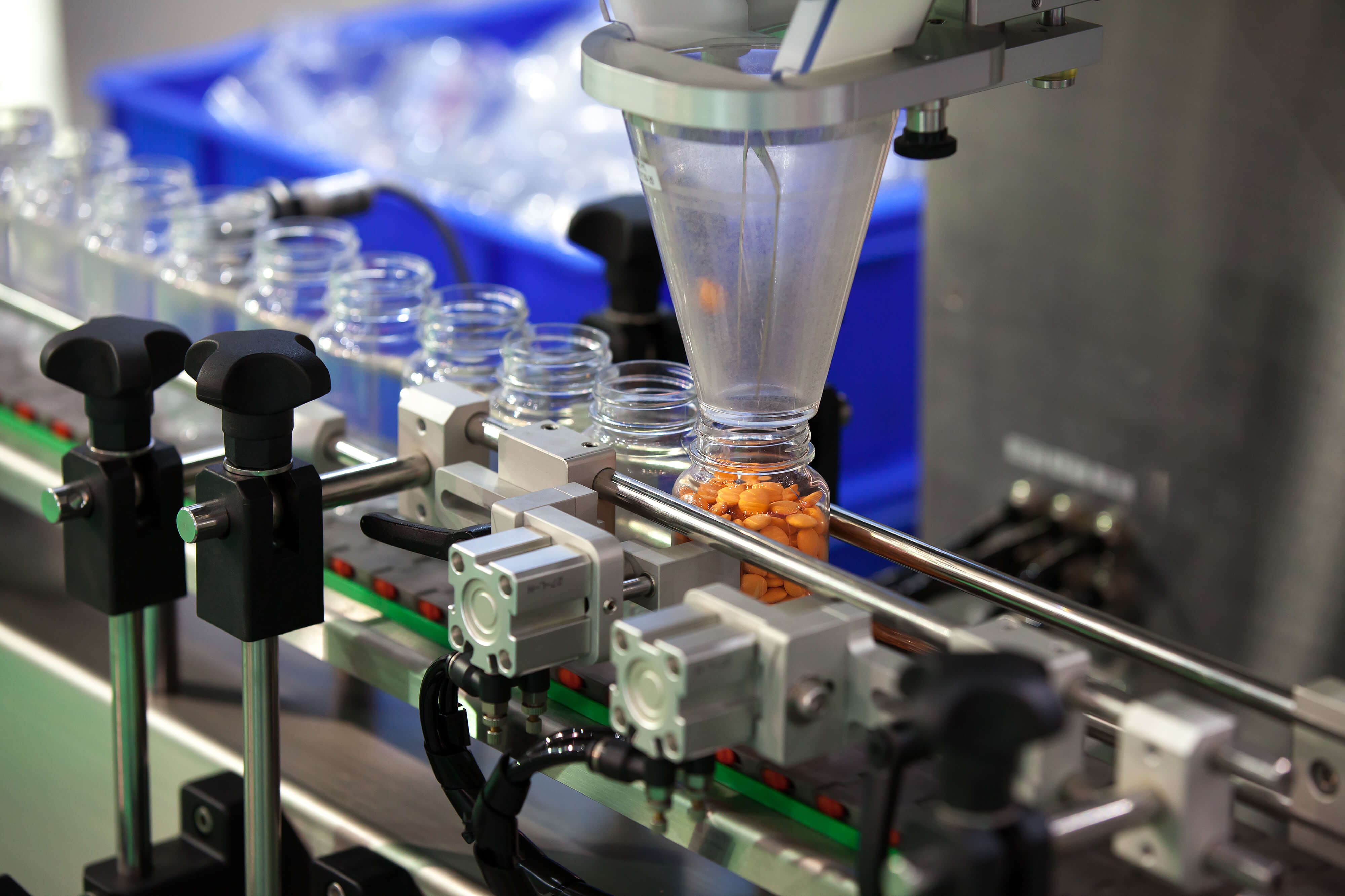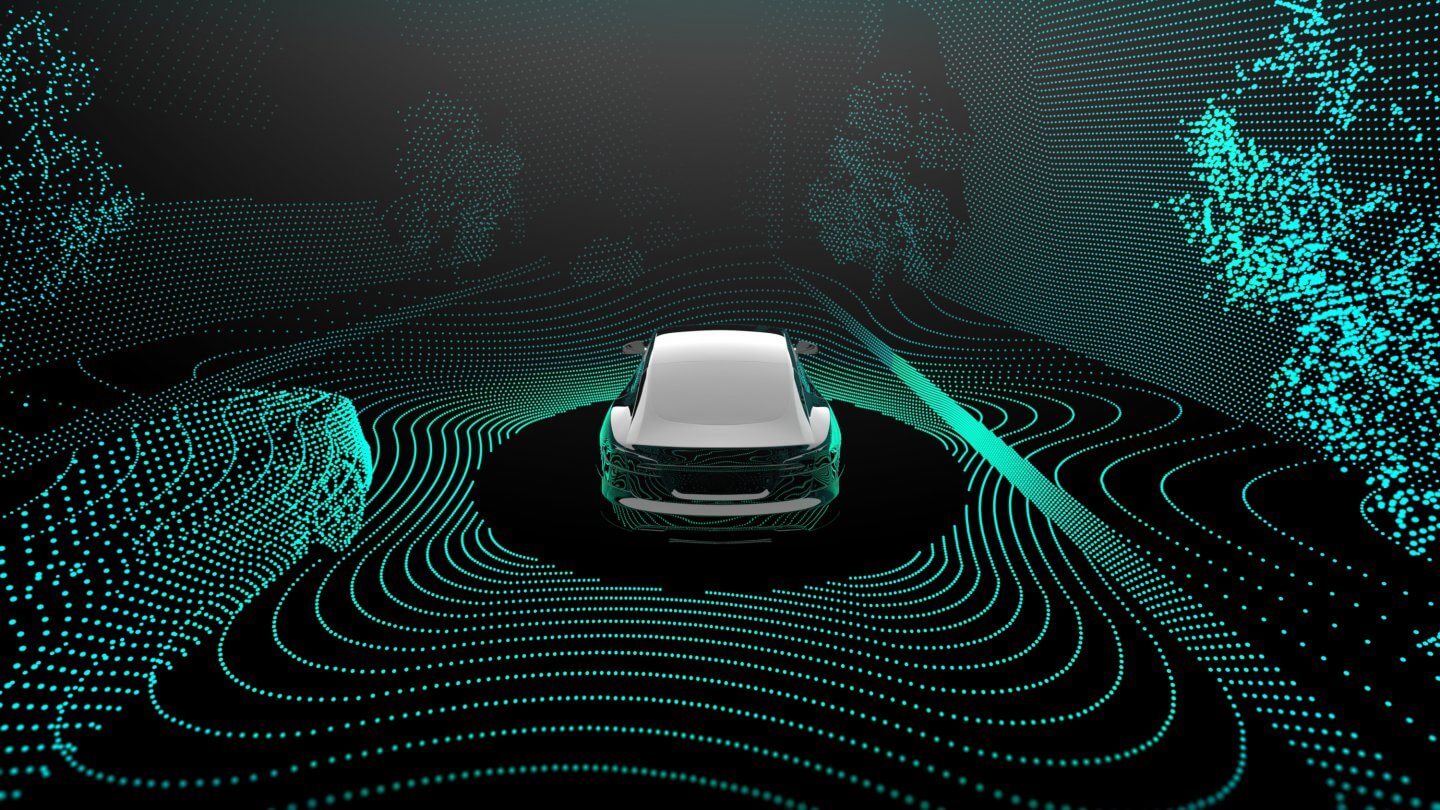While IoT sensors detect external information, replacing it with a signal that humans and machines can distinguish, it’s AI that helps to build intelligent machines.
The convergence of AI (Artificial Intelligence) and IoT (Internet of Things) unlocks a huge potential for businesses worldwide.
While IoT sensors detect external information, replacing it with a signal that humans and machines can distinguish, it’s AI that helps to build intelligent machines that learn from that data to support the decision-making process with little or no human interference.
The use of IoT is surging, and by the end of this year it’s predicted there could be up to 50 billion connected devices. Married with AI, this tide of new technology could usher in new opportunities, changing the way entire industries operate.
To illustrate the potential, we’ve put together a whistlestop of ten emerging applications of AI-enabled IoT.
Autonomous driving
Autonomous driving always captures the imagination, but it’s an excellent example of how AI and IoT can work in concert. Autonomous vehicles (AVs) are packed with sensors, which are required to collect vast amounts of data constantly about surroundings. This data is processed to intelligent insights using AI models, to enable the vehicle’s navigation system to negotiate surroundings and execute complex path planning in real-time.
Interior of the Nikola Two autonomous truck. Source: Nikola
Optical inspection
Quality inspection powered by computer vision is one of the biggest applications of AI. Automated optical inspection scans industrial machinery for quality defects, and once they are recognized, semi-supervised ML algorithm models classify images into failure classes or forecast scheduled maintenance.
AI-based IoT solutions offer enterprises predictive maintenance applications to predict equipment failure ahead of time.
Source: Shutterstock
Cybersecurity
According to Gartner, there were 20 billion IoT devices connected together in 2020. While Statista forecasts by 2030 around 50 Billion of IoT devices will be installed around the world, in use in everything from wearables to the running of trains. This ubiquity will make them attractive targets for attacks.
As a counter-measure, AI-enabled cybersecurity systems can detect network breaches, protect valuable data and stop cyber-attacks that AI systems can learn what usual activity patterns look like, and determine when anomalous activity is taking place, which can reduce the frequency of false alerts and could reveal a cyber-attack taking place.
Proactive health care
With the outbreak of COVID-19, the convergence of IoT and AI (AIIoT) has gained significant attention to meet the needs of smart health monitoring, and pandemic management.
Source: Shutterstock
The wearable IoT sensors track patient vitals and update them live to their doctors and caregivers to alert them about any significant health events. AI with Machine Learning algorithms analyze this large amount of data, giving significant insights into the overall health of a person. This removes the need for any manual intervention for record maintenance and frees the medical staff for more critical duties like in-personal care. With the outbreak of COVID-19, the convergence of IoT and AI has gained significant attention to meet the needs of smart health monitoring, and pandemic management.
Energy management
IoT and AI can play a role in reducing energy consumption. HVAC systems are responsible for a significant proportion of total building energy consumption, and a large volume of total energy consumption in any industry. The average system accounts for 40% of a building’s energy use. Machine learning programs that learn from past efficiencies have been shown to cut energy use by 20%.
HVAC systems account for 40% of building energy use. Source: Shutterstock
Smart street lighting equipped with IoT sensors collects data about the traffic and pedestrians, enabling systems to save up to 80% of the energy expenses. AI capabilities, along with machine learning and deep learning algorithms parses the data generated from the IoT sensors to track real-time energy consumption.
In a nutshell, the demand for increasingly intelligent IoT will continue to grow across every industry, from Fortune 500 to a start-up. Enhancing IoT with AI has the potential to unlock opportunities to create new offerings. Machine Learning, Natural language processing (NLP), and other disruptive technologies encourage interaction among businesses to accelerate.
The AI-IoT continues to push the boundaries of data processing and intelligent business and will do for years to come.
Source: TECHHQ


